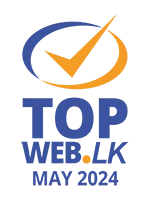
How SEO company in Sri Lanka can help your business?
Hiring an SEO company in Sri Lanka is one of the smartest investments you can make for your business. With more Sri Lankans turning to Google to find products and services, showing up at the top of search results can make or break your online success.
Here’s how a professional SEO company like Mobiz International can help:
🔍 1. Increase Your Website Visibility
SEO experts help your site appear on the first page of Google for relevant keywords, making it easier for potential customers to find you.
📈 2. Drive Targeted Traffic
By optimizing your site for search intent, an SEO agency attracts users who are actively looking for your products or services—boosting your chances of conversions.
💸 3. Reduce Advertising Costs
Organic SEO brings long-term traffic without paying for every click like in Google Ads. It’s cost-effective and offers higher ROI over time.
📱 4. Improve Mobile & Local Reach
SEO companies optimize your website for mobile users and help you rank in local map listings—especially important in Sri Lanka where mobile usage is high.
⚙️ 5. Optimize User Experience
From improving website speed to fixing broken links and structuring content, SEO enhances overall user experience, keeping visitors engaged.
📊 6. Measure Performance
Professional SEO firms use analytics tools to track traffic, rankings, and user behavior—so you can see what’s working and where to improve.



















